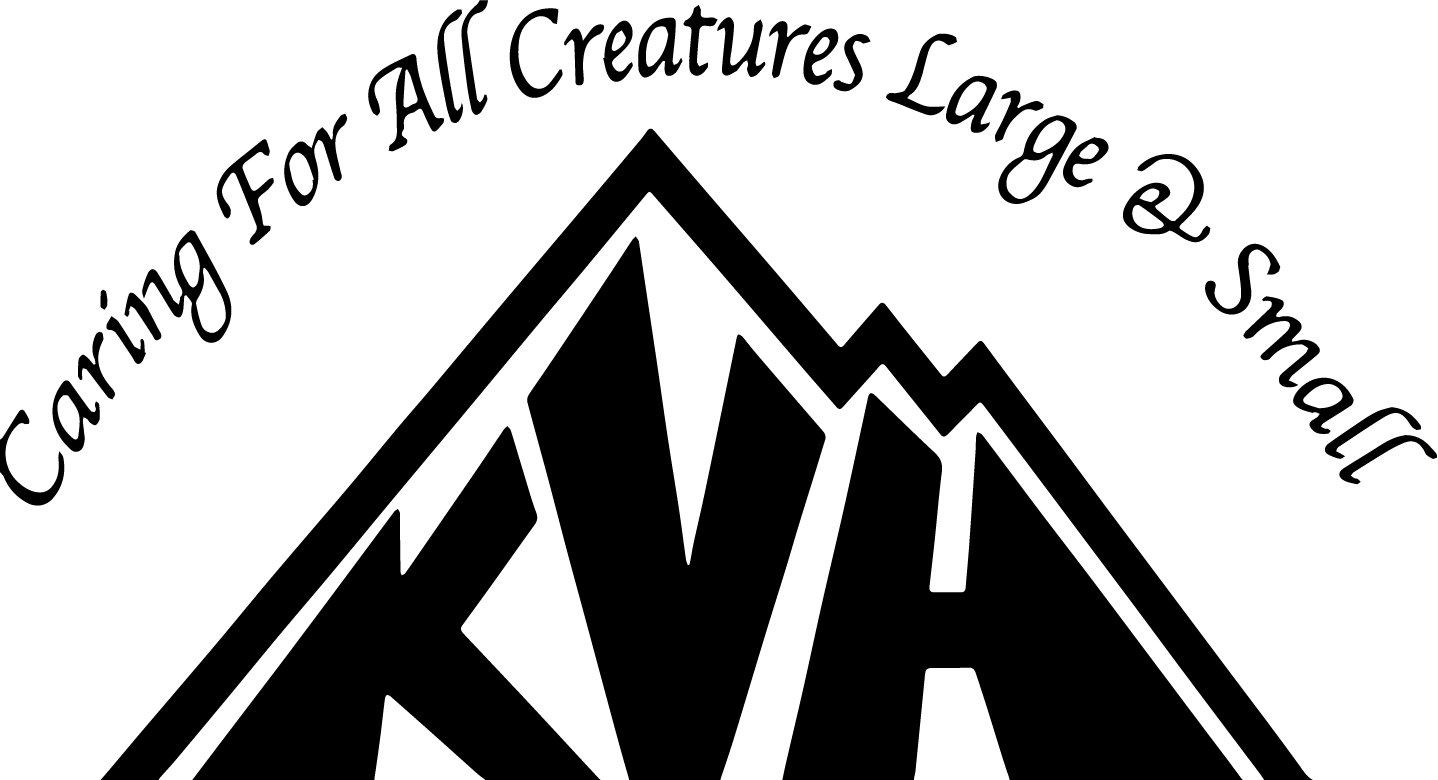by Dr. Gale Dejong, DVM
Urinary obstruction is a common problem in the ruminant animal (cattle, goats, and sheep). It occurs primarily in the male. It is an emergency, life threatening disorder that can be terminal. The animal will be uncomfortable, sometimes lethargic, may be straining or looking to be constipated, often reduced appetite, sometimes vocalizing. This is a problem needing immediate attention!
Management to reduce the incidence of Urinary Blockage:
– Delay castration until nearing puberty: For the buck and ram that would be after 3 months of age. Separate males for females at 2 months of age. Delaying castration allows for more complete growth of the male anatomy.
– Do Not overfeed. Wethers over 2 months of age do not need grain unless being raised for meat. These animals accumulate fat in the abdomen very easily. Grain also upsets the mineral balance of the diet.
– Abundant clean water in multiple locations. These animals do not like cold water. Oct. – Apr. offer warm water multiple times per day. Water can be up to 100 degrees F which is the temperature of milk. Minimum temperature is 60 degrees F. Adjust to maximize water intake. Year round be sure water is clean and offered in multiple locations.
– Diet of grass hay and browse for goats. Two to four ounces per animal per day of alfalfa pellets can be added if necessary to maintain weight or if directed to balance mineral intake.
– Feed salt: The diet of these males can be 3-5% salt. That computes to 2 heaping Tablespoonfuls of salt per day for the 80 – 100 pound animal. Wet the hay and sprinkle with salt beginning with 1 tsp. twice daily and increasing to the Tablespoon. Also offer free choice salt or free choice vitamin-mineral-salt designed for the specific animal.
– Feed Vitamin A: Use a trace mineral / vitamin product formulated for the animal you are feeding (Cattle = cattle mineral, Goat = goat mineral, Sheep = sheep mineral) Generally target about 1 tsp. per animal per day for sheep and goats. Usually can be consumed at free choice mineral feeder or can be added with the salt to the hay.
– Before using urinary acidification additives please discuss with your veterinarian
Summary: Delay castration, do not over feed, feed balanced diet, add salt, water, water, water!

